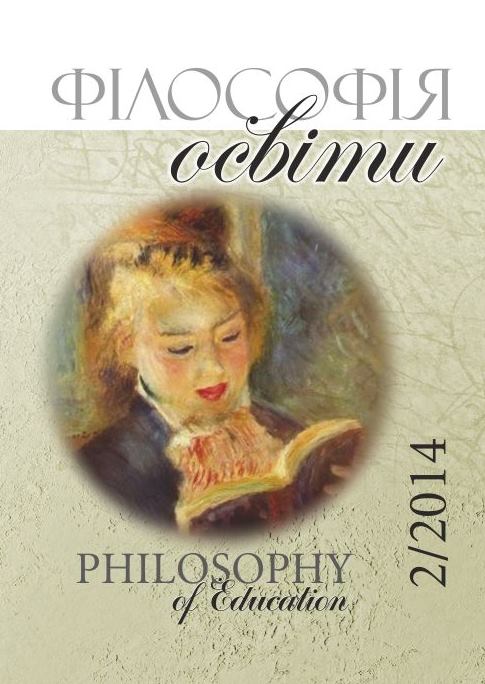Understanding the “complexity” in Post-non-classical rationality
Keywords:
post-non-classical rationality, complexity, simplicity, cognitive complexityAbstract
The article consideres the problem of research and study of “complexity” in post-non-classical rationality and peculiar evolution of complexity understanding in the science: from simplicity to complexity. The aim of the research is the construction of up to post-non-classical dual understanding of science. First, the idea of complexity along with such concepts, as the system, object, phenomenon, etc., realizes, using five methods of understanding complexity: unpredictability, symmetry breaking, probability, hierarchical
and activity. Second, the difficulty of understanding the properties of the object, item, etc., actualizes through the idea of cognitive complexity (by O. M. Knyazeva). This interpretation makes possible to reduce all definitions of the concept ”complexity” to two variants: to explanation of what is a complex system, or to an idea of the complexity as the property.
In general, the concept “complexity” in post-non-classical rationality is very important and controversial factor not only in the study of complex objects and systems, but it also introduces to modern science the humandimensional systems as self-organizing, self-developing and self-regulation systems.
Downloads
-
PDF (Українська)
Downloads: 264
Published
How to Cite
Issue
Section
License
- Authors who publish with this journal agree to the following terms:
- Authors retain copyright and grant the journal right of first publication;
- Authors are able to enter into separate, additional contractual arrangements for the non-exclusive distribution of the journal's published version of the work (e.g., post it to an institutional repository or publish it in a book), with an acknowledgement of its initial publication in this journal.





